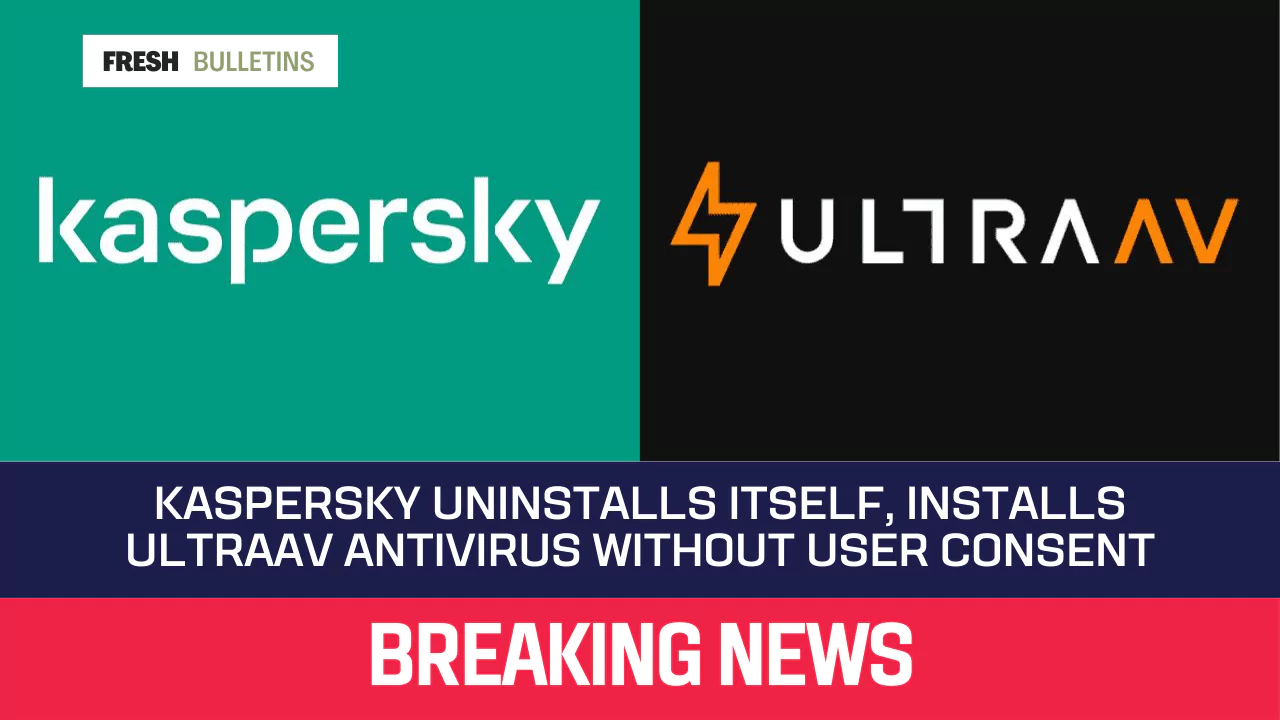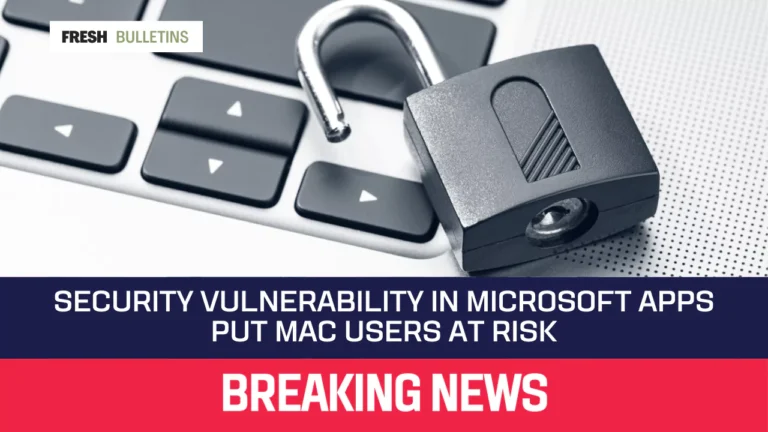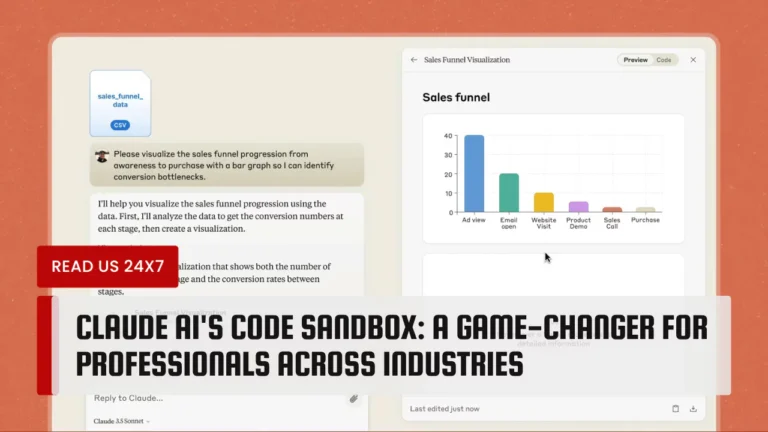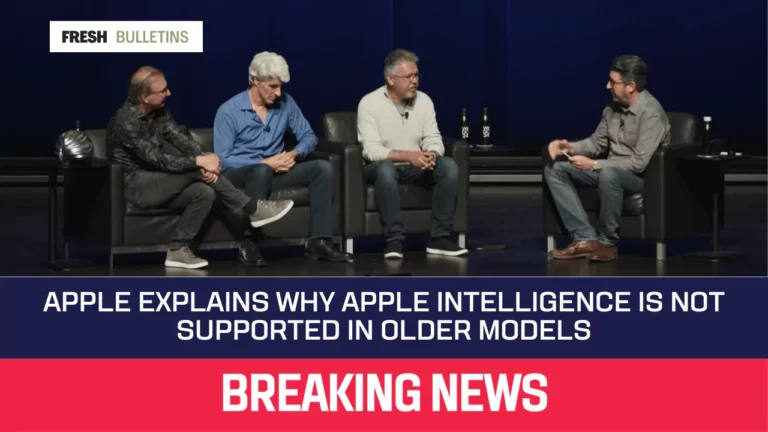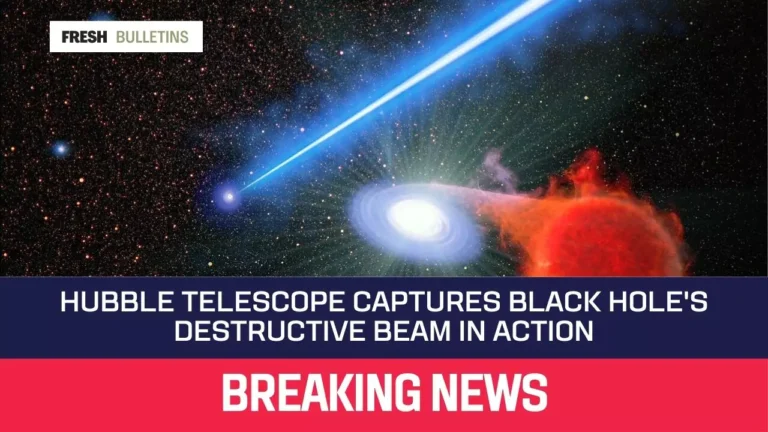Kaspersky Uninstalls Itself, Installs UltraAV Antivirus Without User Consent
Kaspersky, a well-known antivirus company, has ceased its operations in the United States. As a result, it removed its software from users’ computers. Instead, it automatically installed UltraAV antivirus without asking for permission. This sudden change has caused great confusion and concern among users.
Why Kaspersky Stopped Service
The U.S. government placed Kaspersky on a list of companies considered a risk to national security. This decision was made because of tensions between the U.S. and Russia. In response to this ban, Kaspersky decided to shut down its business in the U.S. The company started laying off its employees as part of this process.
Automatic Software Removal
Starting September 19, 2024, Kaspersky deleted its software from many computers. Users did not get a warning before this happened. Many people woke up to find Kaspersky missing from their devices. Instead, UltraAV automatically appeared on their screens. This change left many people in shock. They wondered if their devices had been hacked or infected with a virus.
One user shared their experience. They said, “I woke up and saw this new antivirus on my desktop. I tried to open Kaspersky, but it was gone. I thought my computer had a virus.” This kind of reaction was common. Kaspersky’s users did not expect such a drastic action.
Unexpected Replacement
When Kaspersky removed its software, it did not just leave users without protection. Instead, it installed UltraAV without any notification. No emails, alerts, or messages warned customers about this switch. Many users didn’t know what UltraAV was, leading to fears of malware.
Some customers reported problems while trying to remove UltraAV. When they attempted to uninstall it, the program reappeared after restarting their computers. This situation caused even more panic. People felt uneasy about having software that they did not choose.
Kaspersky’s Explanation
Kaspersky claimed that it wanted to ensure all U.S. customers received continued protection. They partnered with UltraAV to make the change smoother. A Kaspersky employee stated that a software update on September 19 helped with this transition. They assured users they would still have antivirus protection.
The company pointed out that UltraAV has similar features to Kaspersky’s software. However, the lack of communication created a problem. Users did not feel informed about who was taking over their antivirus protection.
Users Feel Betrayed
Many users are upset about the sudden switch. They feel that Kaspersky acted without their consent. By removing their software and replacing it with UltraAV, Kaspersky made decisions for its customers. This resulted in a feeling of betrayal. Users invested money in Kaspersky. They trusted Kaspersky to keep their devices safe. Now, they feel the company failed them.
Some users expressed their concerns. They commented online, asking why they were not warned about the change. The sudden removal and replacement of software raised questions. Users wondered if they would still receive updates, support, or help. They wanted answers about their cybersecurity needs.
Potential Risks of UltraAV
UltraAV is backed by Pango Group, a company that owns several VPN brands. While Kaspersky has a long history of antivirus services, UltraAV is less known. Users are unsure of the quality of the protection it provides. Some customers worry that UltraAV might be a low-quality product.
The sudden shift without customer consent raises doubts about UltraAV. Trust plays a huge role in cybersecurity. Users need to feel secure using antivirus software. With the quick switch, many don’t feel that trust in UltraAV right now.
Customer Support Issues
Kaspersky has offered some support to users affected by this change. They stated that customers could visit a FAQ page about UltraAV. However, many users found the help insufficient. They wanted direct contact for urgent questions. Customers felt frustrated trying to navigate this sudden transition without clear guidance.
Quality support is key for users accustomed to Kaspersky. Those who needed assistance had a hard time understanding what to do next. The confusion only added to their anxiety over the abrupt software switch.
The Future for Users
As the Kaspersky brand fades from U.S. computers, users are left with questions. Many want to know what to do next regarding their antivirus protection. Some are considering removing UltraAV completely. Others are exploring other antivirus options in the market.
The transition to UltraAV does not mean all users need to keep it. Customers have choices. They can look for different antivirus providers that suit their preferences better. However, transitioning to a new antivirus might take time.
Conclusion
Kaspersky’s decision to uninstall its software and replace it with UltraAV without user consent troubled many customers. Confusion, anxiety, and feelings of betrayal emerged as common themes. Users expected clear communication regarding such a significant change. Instead, they faced unexpected actions from a trusted brand. The future of U.S. users concerning their antivirus protection now hangs in the balance.

